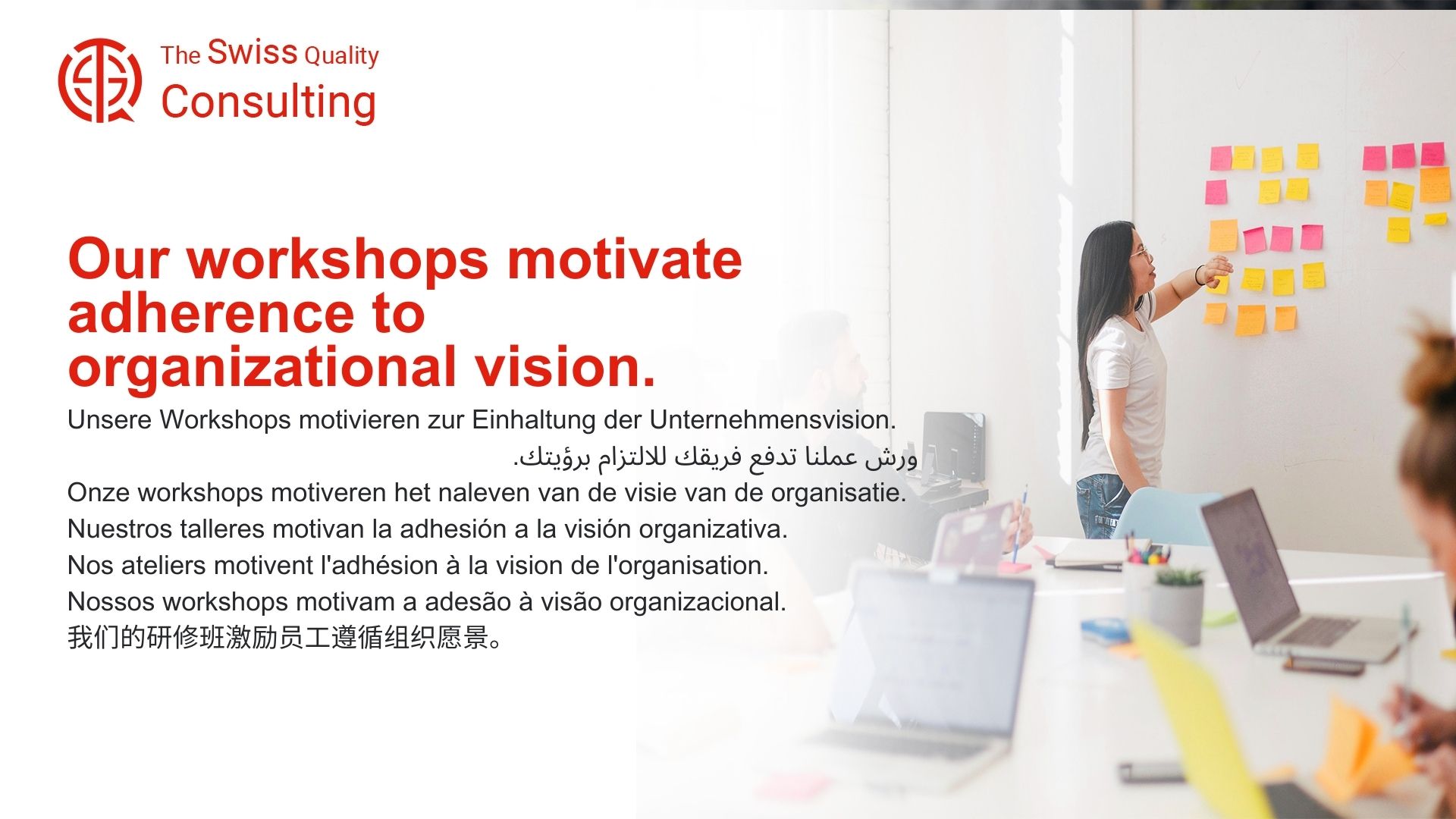In the realm of strategic integration of financial and operational processes, the principle of “Unifying Global Financials and Operations” has emerged as a cornerstone, guiding businesses towards streamlined, efficient, and more effective management practices
Understanding the Imperative of Unification
In today’s global business environment, the quote “Unify global financials and operations to empower decision-making” highlights a crucial strategy for organizational success. This article aims to explore the significance of integrating financial and operational processes across global business units to enhance decision-making capabilities.
The Impact of Change Management on Integration
Beyond Merging Systems: Orchestrating a Symphony of Change for Financial and Operational Unification
Unifying financials and operations is not simply a matter of merging systems; it’s a complex symphony of change that requires a strategic and well-orchestrated approach. Effective change management is the conductor of this symphony, ensuring that disparate teams are aligned, processes are standardized, and communication flows seamlessly across different geographical boundaries. This meticulously planned journey involves:
1. Cultivating a Shared Vision: Effective change management starts with fostering a shared vision across global teams. By clearly communicating the benefits of unification, the goals of the project, and the individual roles each team plays, this shared vision creates a sense of unity and purpose, inspiring commitment and collaboration throughout the process.
2. Tailoring the Approach to Diverse Needs: Recognizing the diverse needs and challenges of different teams is crucial for effective change management. A one-size-fits-all approach rarely yields optimal results. By tailoring communication, training, and support programs to the specific needs of each region, team, and individual, organizations can ensure that change is embraced and implemented effectively.
3. Aligning Processes and Standardizing Operations: Integrating disparate financial and operational processes requires careful planning and meticulous execution. Effective change management facilitates the standardization of processes across all geographies, eliminating redundancies, streamlining workflows, and ensuring consistency and transparency in operations.
4. Building Bridges Between Teams: Effective change management promotes collaboration and fosters strong relationships between geographically dispersed teams. This involves facilitating cross-cultural communication, building trust, and creating open channels for feedback and knowledge sharing. By breaking down silos and promoting teamwork, organizations can leverage the diverse expertise and perspectives of their global workforce.
5. Communicating with Clarity and Transparency: Open and transparent communication is vital throughout the change process. Regular updates, clear explanations of decisions, and readily available resources empower employees to understand the changes, address concerns proactively, and actively participate in the integration process.
6. Anticipating and Addressing Challenges: Effective change management recognizes that resistance and challenges are inevitable. By anticipating potential obstacles, developing mitigation strategies, and providing timely support, organizations can navigate these challenges effectively and minimize disruptions to business operations.
7. Celebrating Successes and Recognizing Achievements: Recognizing and celebrating milestones and achievements throughout the unification process is essential for maintaining morale and motivation. Highlighting individual and team contributions fosters a sense of accomplishment and reinforces the positive impact of change.
8. Continuously Learning and Adapting: The journey of unification is not a linear process. It requires adaptability and continuous learning. By analyzing results, collecting feedback, and refining processes based on insights, organizations can ensure that the change process remains relevant, effective, and adaptable to evolving needs.
9. Building a Foundation for Long-Term Sustainability: Effective change management lays the foundation for long-term sustainability. By embedding the unified processes and practices into the organizational culture, ensuring ongoing support, and fostering a culture of continuous improvement, organizations can maximize the benefits of unification and achieve lasting success.
10. Transforming the Organization with Unparalleled Efficiency: By orchestrating a well-defined and strategic change management process, organizations can transform their financial and operational landscape with unparalleled efficiency. This integrated approach fosters a culture of collaboration, optimizes workflows, and drives significant improvements in performance, profitability, and competitive advantage.
Embrace the power of effective change management and transform the unification of your financials and operations into a symphony of success. By aligning teams, standardizing processes, and fostering transparency, you can create a unified and efficient organization that thrives in the global marketplace and achieves its full potential.
Role of Executive Coaching in Navigating Integration Challenges
Executive coaching plays a pivotal role in guiding leaders through the complexities of this integration. Coaches can offer strategies and insights to navigate the challenges of aligning diverse financial and operational practices, ensuring a smooth transition towards a unified approach.
Communicating the Unification Process Effectively
Clear and effective communication is key to the successful unification of global financials and operations. It is essential to articulate the vision, the expected outcomes, and the steps involved in the process, ensuring all stakeholders are on the same page and committed to the common goal.
Utilizing Project Management for Successful Implementation
Robust project management is critical to implementing this unification effectively. It involves careful planning, monitoring, and controlling of all aspects of the project, ensuring that the unification is carried out efficiently, within the set timelines, and budget.
Conclusion
Unifying global financials and operations is a strategic necessity for businesses looking to empower decision-making and enhance global competitiveness. By embracing change management, effective communication, and project management, businesses can successfully navigate this complex integration.
#BusinessIntegration, #GlobalOperations, #FinancialUnification























